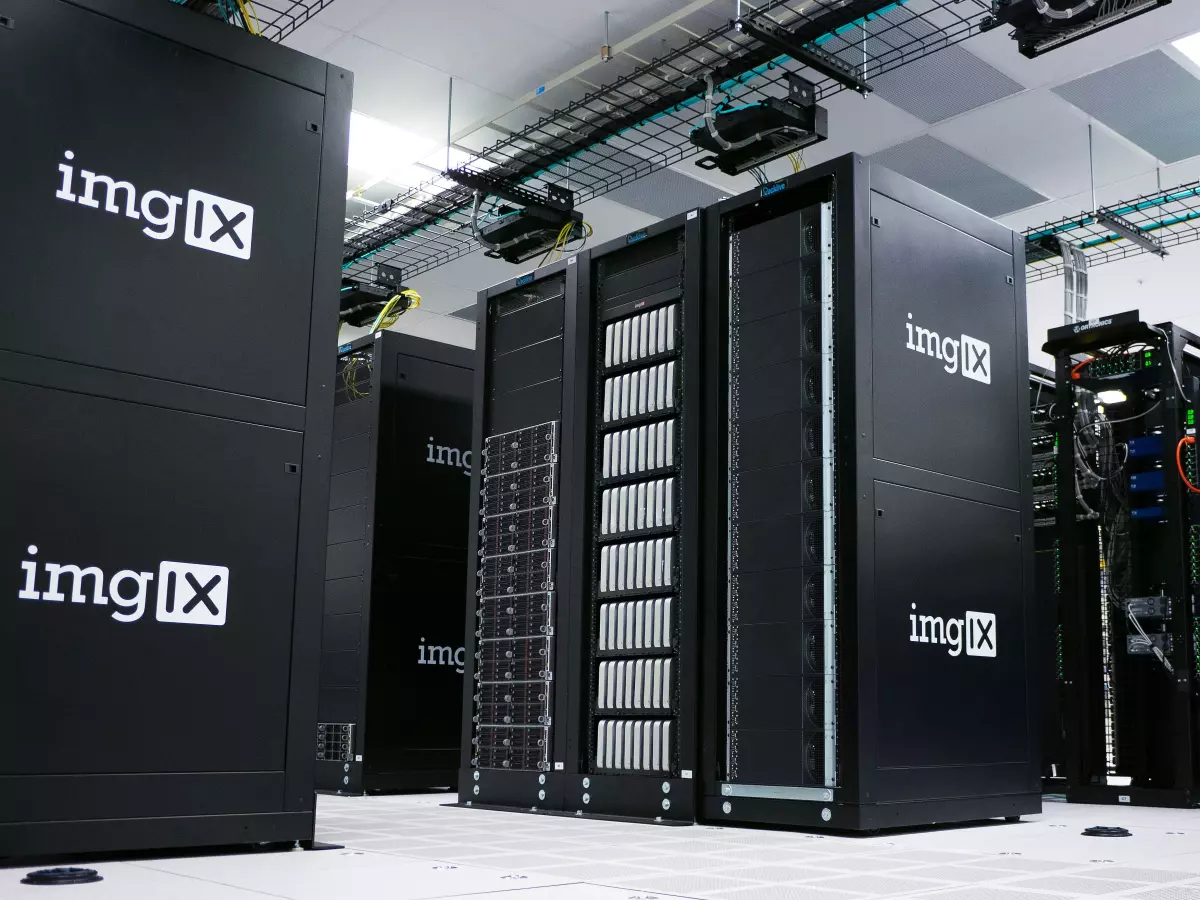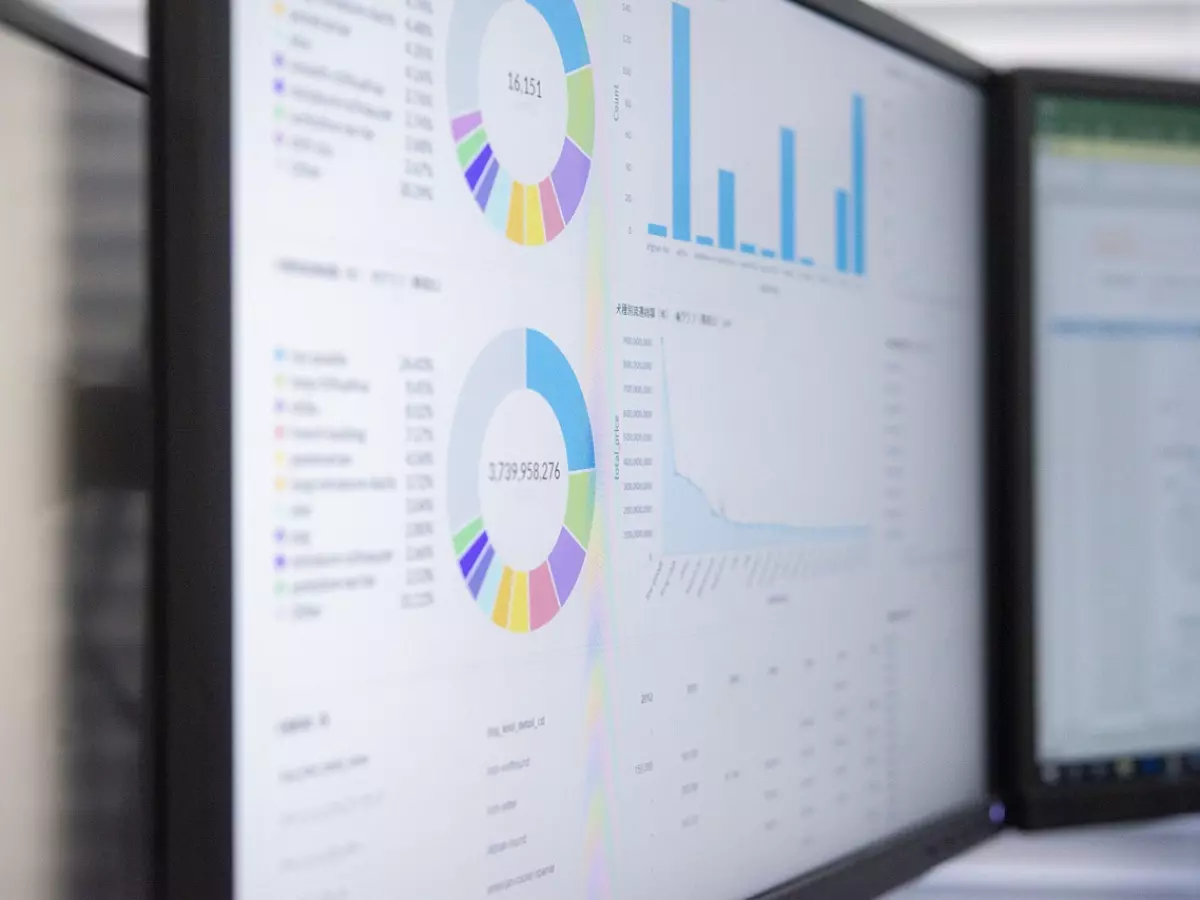Data Lakes
Imagine a world where your company’s data is scattered across multiple systems, each with its own storage format, making it nearly impossible to analyze in real-time. Now imagine a future where all that data, structured and unstructured, flows into a single, scalable repository—ready for analysis at any moment. Sounds like a dream, right?

By Kevin Lee
Welcome to the world of data lakes, a concept that’s rapidly gaining traction in the big data landscape. But before we dive into why data lakes are the future, let’s rewind a bit. Right now, many organizations are still relying on traditional data warehouses to store their structured data. While data warehouses are great for specific use cases, they fall short when it comes to handling the diverse, unstructured data that modern businesses generate—think social media posts, IoT sensor data, and even video streams.
So, what’s the solution? Enter the data lake. Unlike a data warehouse, which requires data to be cleaned and structured before storage, a data lake can ingest raw data in its original format. This means you can store everything from JSON files to video clips without worrying about how it will be used later. The flexibility of data lakes is one of the key reasons they’re becoming the go-to solution for big data storage.
What Makes Data Lakes So Special?
Let’s break it down. A data lake is essentially a centralized repository that allows you to store all your data—structured, semi-structured, and unstructured—at any scale. The beauty of this system is that you don’t need to know what you’re going to do with the data when you store it. This is a game-changer for businesses that are collecting massive amounts of data but aren’t sure how to analyze it just yet.
Another major advantage of data lakes is their scalability. Traditional storage systems can get expensive as your data grows, but data lakes are designed to scale horizontally. This means you can add more storage as needed, without breaking the bank. Plus, with cloud-based solutions like Amazon S3 and Microsoft Azure Data Lake, you can scale your storage almost infinitely.
But it’s not just about storage. Data lakes also make it easier to perform advanced analytics. With the right tools, you can run machine learning algorithms directly on the data stored in your lake. This opens up a world of possibilities for predictive analytics, real-time monitoring, and even AI-driven decision-making.
Challenges? Sure, But They’re Manageable
Of course, data lakes aren’t without their challenges. One of the biggest issues is data governance. Without proper oversight, a data lake can quickly turn into a “data swamp,” where it’s nearly impossible to find the information you need. To avoid this, companies need to implement strong governance policies, including data cataloging and metadata management.
Another challenge is security. With so much sensitive data stored in one place, data lakes can become a prime target for cyberattacks. However, modern security solutions like encryption, access controls, and multi-factor authentication can help mitigate these risks.
The Future of Data Lakes
So, where are we headed? As businesses continue to generate more and more data, the need for scalable, flexible storage solutions will only grow. Data lakes offer a way to store all types of data in one place, making it easier to analyze and extract insights. And with advancements in cloud computing and AI, the potential applications for data lakes are virtually limitless.
In the near future, we can expect to see data lakes become even more integrated with advanced analytics tools. Imagine a world where your data lake is not just a storage system but a fully automated analytics engine, capable of delivering real-time insights without human intervention. It’s not as far off as you might think.
So, if you’re still relying on traditional data storage solutions, it might be time to consider making the switch. The future is clear: data lakes are here to stay, and they’re only going to get better.





